Podcast: Play in new window | Download (Duration: 27:02 — 18.6MB) | Embed
Subscribe: Apple Podcasts | Spotify | Amazon Music | Android | Pandora | iHeartRadio | JioSaavn | Podchaser | Gaana | Podcast Index | Email | TuneIn | Deezer | Anghami | RSS | More
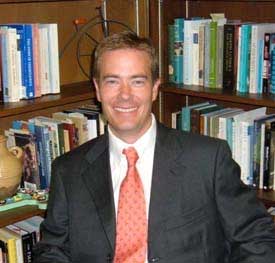
Dr. Adam English has done an outstanding job of bringing to life the story of St. Nicholas of Myra. Going deep into the historical documents, he travails between the myths and the reality of this extraordinary bishop who would become an iconic saint. I love this kind of read…steeped in rich history and filled with an enthusiastic joy for the adventure of discovery.
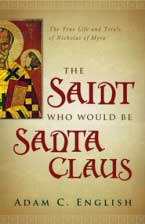 The book can be found here
The book can be found here
“Adam English convinces us that the St. Nicholas we know is a cultural icon, as much Coca-Cola as Christian saint. But his real gift is in resurrecting through his painstaking historical detective work a flesh and blood St. Nicholas, whose courage and Christian generosity are worthy of emulation.”
–Greg Garrett, author of One Fine Potion“A sensitive, erudite, and accessibly written introduction to the life and times of St. Nicholas, a fourth-century bishop of Myra in what is now Turkey. Having devoted his life to serving Jesus Christ, the real St. Nicholas invites us to a truer and more joyful celebration of Christmas.”
–Matthew Levering, Professor of Theology, University of Dayton

 Day Four
Day Four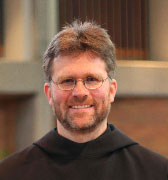


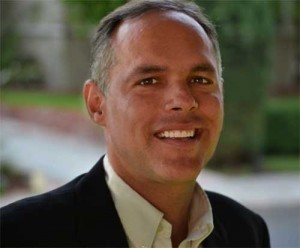
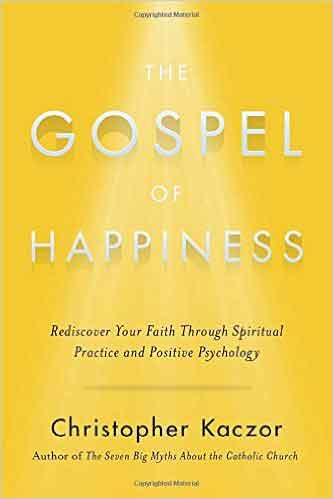
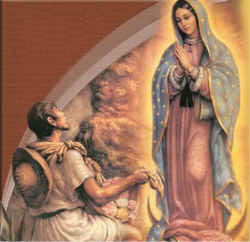 Day Three
Day Three